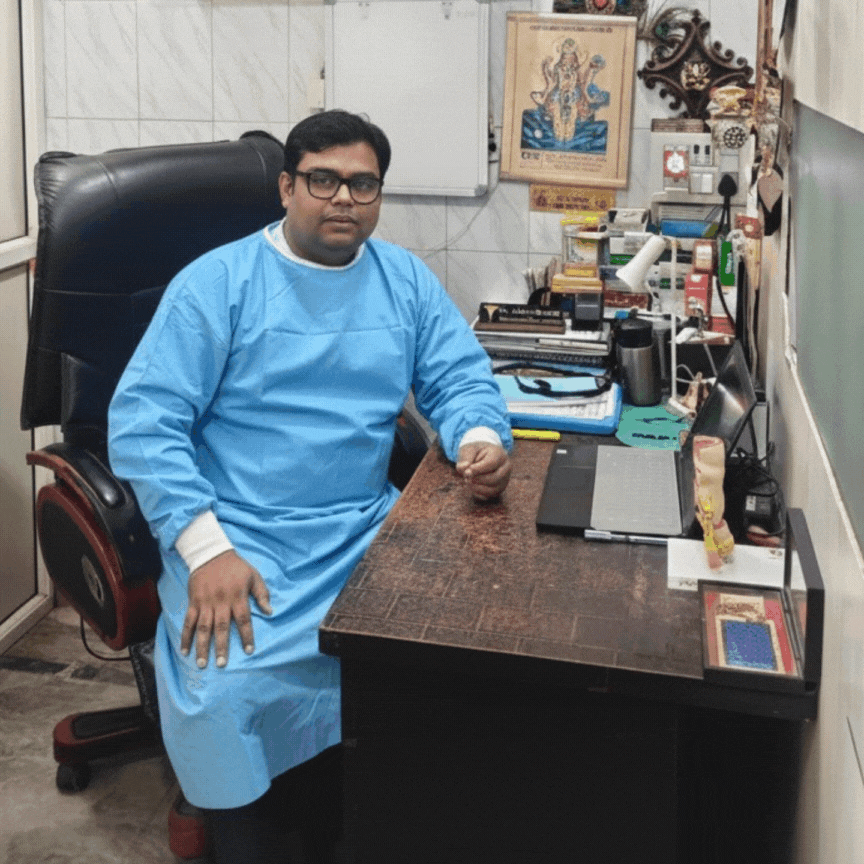
Dr. Sharma Health & Piles Centre
Welcome to Dr. Sharma Health & Piles Centre, a premier destination for non-surgical treatment of ano-rectal disorders. We are dedicated to providing the most comfortable and convenient medical treatment using ancient Ayurvedic wisdom combined with modern care.
Our centre specializes in Graded Ksharsutra™ Therapy, which is the most effective technique for treating Fistula, Piles, and Pilonidal Sinus without the need for invasive surgery.
Ayurvedic Treatment
Dr. Ankur Sharma spends quality time to diagnose your condition. We use the most authentic medical technology with Graded Ksharsutra therapy, the most effective technique of Ayurveda.
Stellar Reputation
We have gained immense popularity across Delhi NCR for treating complex ano-rectal diseases like Fistula, Piles, and Pilonidal Sinus with high success rates and patient satisfaction.

Dr. Ankur Sharma is a highly skilled Ayurvedic Surgeon in New Delhi. He has done his M.S. General Surgery (Ayurveda) from Gujarat.
He is an honorable Life Member of National Integrated Medical Association (NIMA) / IMA-(AYUS) / WAP and NASYA. Dr. Ankur Sharma is known for his expertise in Ayurvedic Ksharsutra surgery for the successful treatment of all kinds of simple and complicated Anal Fistula, Pilonidal Sinus, Piles (Hemorrhoids), Anal Fissure, and other Anorectal diseases.
Dr. Ankur Sharma
M.S. (Gen. Surgery) Ayurveda | Consultant Surgeon & ProctologistBOOK APPOINTMENT
What Dr. Sharma Health & Piles Centre Does?
We are set up to cure Ano-Rectal diseases with the most comfortable and convenient Medical Treatment. If you are looking for fistula treatment without surgery, then Dr. Sharma Health & Piles Centre emerges as the best option.
The institute has gained immense popularity for providing proven fistula treatment for complex Grade 4 & 5 Anal Fistulas. The core strength of the institute is the use of Graded Ksharsutra™ therapy, a team of experienced doctors, and exceptionally high treatment success rates.
Highly Qualified Experienced Doctor
Outstanding Care of Patients
Specialist in Proctology
Our Priority & Mission is YOU
We see thousands of patients every year and perform procedures with one of the highest patient satisfaction rates. 99% would recommend us to their friends and family.
Address: A-304, Budh Vihar Phase 2, Near Rohini, Bheem Singh Market, Sector 24, New Delhi - 110085
Phone: 084470 75580
